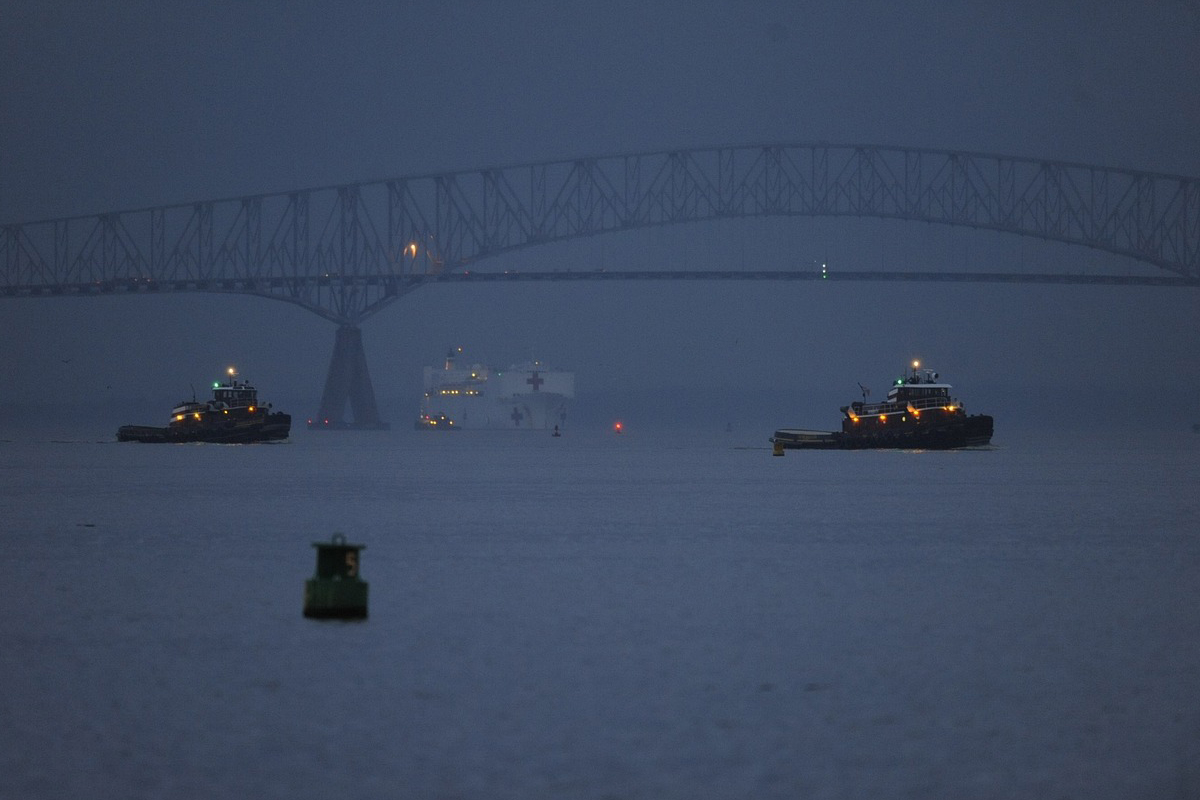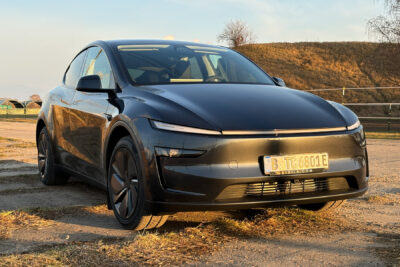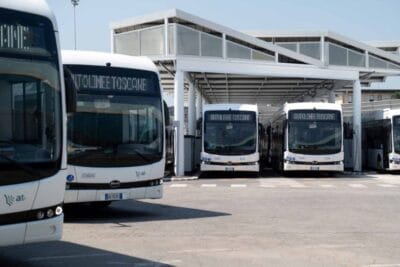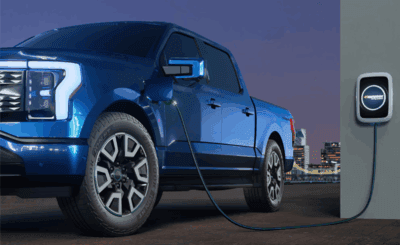Collapsed Baltimore bridge fallout extends to EV imports
On Tuesday, a supporting pillar of the Francis Scott Key Bridge, which crosses the harbour of Baltimore, was rammed by a cargo ship. As a result, parts of the bridge collapsed a few moments later. Six construction workers who were working on the bridge at the time are still missing.
With the collapsed bridge and ongoing work, parts of the harbour are currently inaccessible. Baltimore is considered the most important import harbour in the USA, especially for vehicles. Numerous car manufacturers handle their imports via two terminals, including Mercedes, BMW and Volkswagen. However, the Dundalk terminal, which VW and BMW use, is located in front of the bridge and is therefore still accessible.
However, the Fairfield terminal, which is used by Mercedes-Benz, for example, is located behind the bridge and is therefore currently inaccessible from the sea. As the German publication WirtschaftsWoche speculates, access is likely to be blocked “for weeks”. A Mercedes spokesperson told the magazine that the company is working with its logistics partners to adapt the delivery routes in the USA. In other words: switching to other harbours for the time being.
The road to normality will be “not fast and not cheap”
With 600,000 imported vehicles in 2022, Baltimore is a major import port, but 200,000 vehicles were also exported from the USA. According to the Maryland Port Administration, 750,000 vehicles were loaded in 2023, but no distinction was made between imports and exports. US Secretary of Transportation Pete Buttigieg did not specify a timeframe, but stated that the path to normality “won’t be quick and it won’t be cheap”. The US portal Teslarati claims to have learnt from port insiders that a closure of up to three months is expected in Baltimore.
According to the New York Times, General Motors stated that the incident had only a “minimal impact” on its operations. Stellantis is still discussing the impact with its transport partners and intends to continue monitoring the situation. Toyota also expects a significant interruption.
When asked by electrive, a Mercedes spokesperson said that the car manufacturer also uses other ports in the USA such as Brunswick and Charleston for imports in addition to Baltimore. For “competition law reasons”, however, the company would not go into further detail. It is therefore unclear whether and how the imported electric cars from Mercedes – such as the EQB (Kecskemet), the EQE saloon (Bremen) and the EQS saloon (Sindelfingen) – are currently being imported into the country. The EQE SUV and EQS SUV are built at the US plant in Tuscaloosa. These can continue to be shipped to Europe without any problems. “The incident has no impact on vehicle exports,” said the spokesperson.
According to WirtschaftsWoche , Tesla also uses the Fairfield terminal “to ship vehicles all over the world”. A statement from the company or Elon Musk is not yet known. For Europe, the blockade is only likely to be relevant for the Model S and Model X luxury models. This is because the Model Y is built in all drive variants in Grünheide and the Model 3 Highland comes to Europe from Giga Shanghai. The portal Teslarati, which specialises in Tesla, previously reported that at least the first Plaid Model S and Model X vehicles were brought to Europe via Baltimore. If this is still the case, the delivery times for the two models could possibly be extended – but in the absence of an official statement, this remains unconfirmed.
The search for alternative harbours is not as simple as one might initially think. This is because not every port can load and unload cars. Vehicles are usually shipped using so-called RoRo transporters, meaning ‘roll-on, roll-off’. If there is a lack of equipment or space at the jetty and for interim parking of the vehicles, either loading or unloading is possible. It is therefore not only important to find a car harbour with free capacity, but also one with suitable facilities.
Source: Info via email, teslarati.com, nytimes.com, wiwo.de (in German)





0 Comments